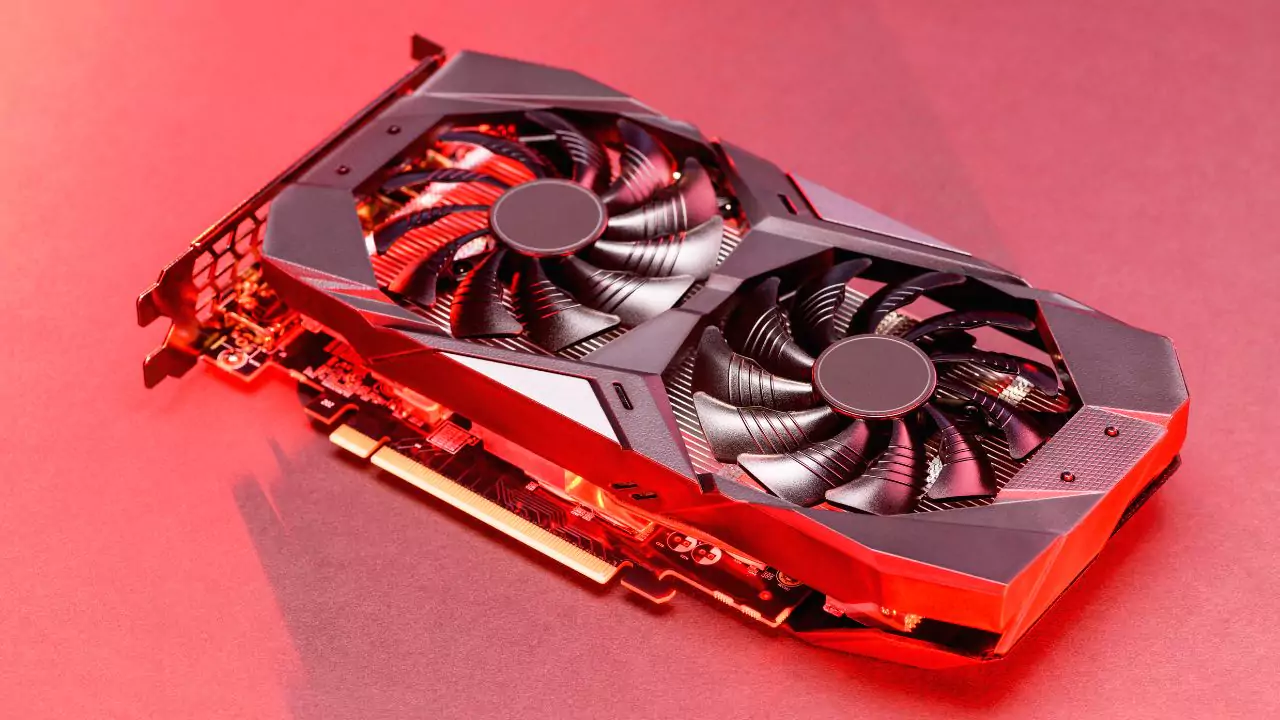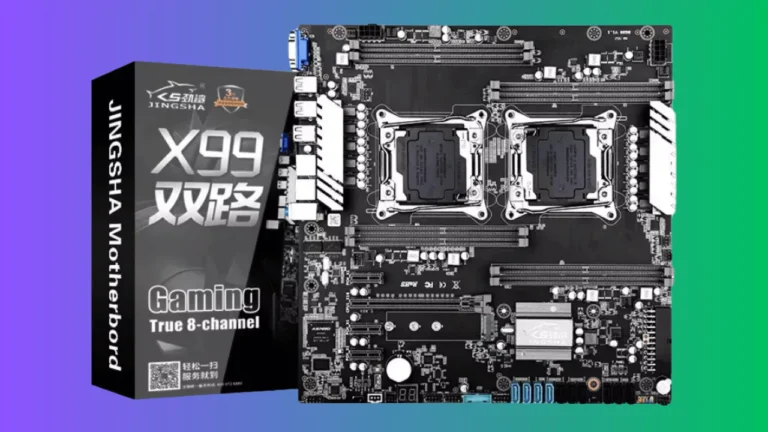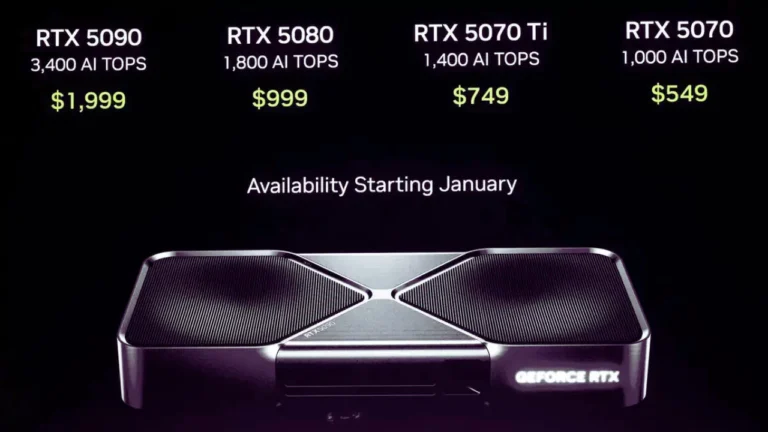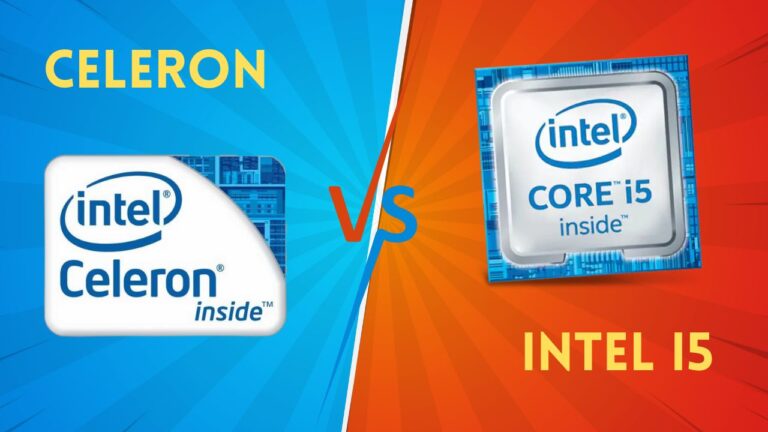Having an overpowered graphics processing unit (GPU) isn’t inherently bad, but it can be inefficient depending on your needs and budget. Let’s break down the factors to consider.
Understanding GPU Power and Performance
Moore’s Law:
The world of GPUs benefits from Moore’s Law, which states that the number of transistors on a microchip roughly doubles every two years. This translates to constantly increasing processing power for graphics cards. As a result, a GPU considered top-of-the-line today might become mainstream a few years down the line.
Overpowering vs. Underpowering:
An overpowered GPU is significantly more powerful than your system needs for its primary tasks. Imagine a sports car designed for racetracks being used for grocery shopping trips. While it will handle the job, it’s overkill and not very cost-effective. Conversely, an underpowered GPU struggles to keep up with the demands of your workload. A demanding game on an underpowered GPU might result in lag, stuttering, and a frustrating experience.
Effects on Performance:
An overpowered GPU won’t necessarily hurt performance, but it won’t utilize its full potential if bottlenecked by other components in your system. This bottleneck scenario is like having a powerful engine in a car held back by slow tires. The engine might be great, but the overall performance is limited by the weaker component. In a PC, the CPU, RAM, and storage can all bottleneck a GPU if they can’t feed data to the GPU fast enough for it to process everything.
Potential Risks of an Overpowered GPU
While not a dealbreaker, there are some downsides to consider:
Hardware Damage:
Highly overclocked GPUs (pushing a GPU beyond its stock settings) generate more heat, which can stress other components in your system and potentially lead to damage if not properly cooled. It’s like constantly revving a car engine – it might give you a temporary performance boost, but it can cause wear and tear in the long run.
Overheating:
Overpowered GPUs, even without overclocking, can run hotter than necessary. This increases fan noise, making your PC sound like a jet engine. It can also lead to thermal throttling, where the GPU slows down to regulate temperature. This throttling can impact performance, negating the benefits of having a powerful GPU in the first place.
Reduced Lifespan:
The constant heat generated by an overpowered GPU, especially when overclocked, can shorten its lifespan compared to a GPU operating within its limits. It’s like constantly running a kitchen appliance at its highest setting – it might work fine for a while, but it’s more likely to wear out faster than using it on moderate settings.
Future Graphics Card Generations
Advancements in Technology:
The world of video games and software applications is constantly pushing graphical boundaries. New games and programs will continue to demand more powerful GPUs to run smoothly with high visual fidelity. An overpowered GPU today might become the standard tomorrow as developers leverage the increased processing power to create more immersive experiences.
Balancing Power and Efficiency:
Fortunately, manufacturers are focusing on improving both power and efficiency in GPUs. Future generations of graphics cards could offer similar performance with lower power consumption. This trend makes overpowered options from today less attractive, as you might get the same level of performance in a more efficient package down the line.







